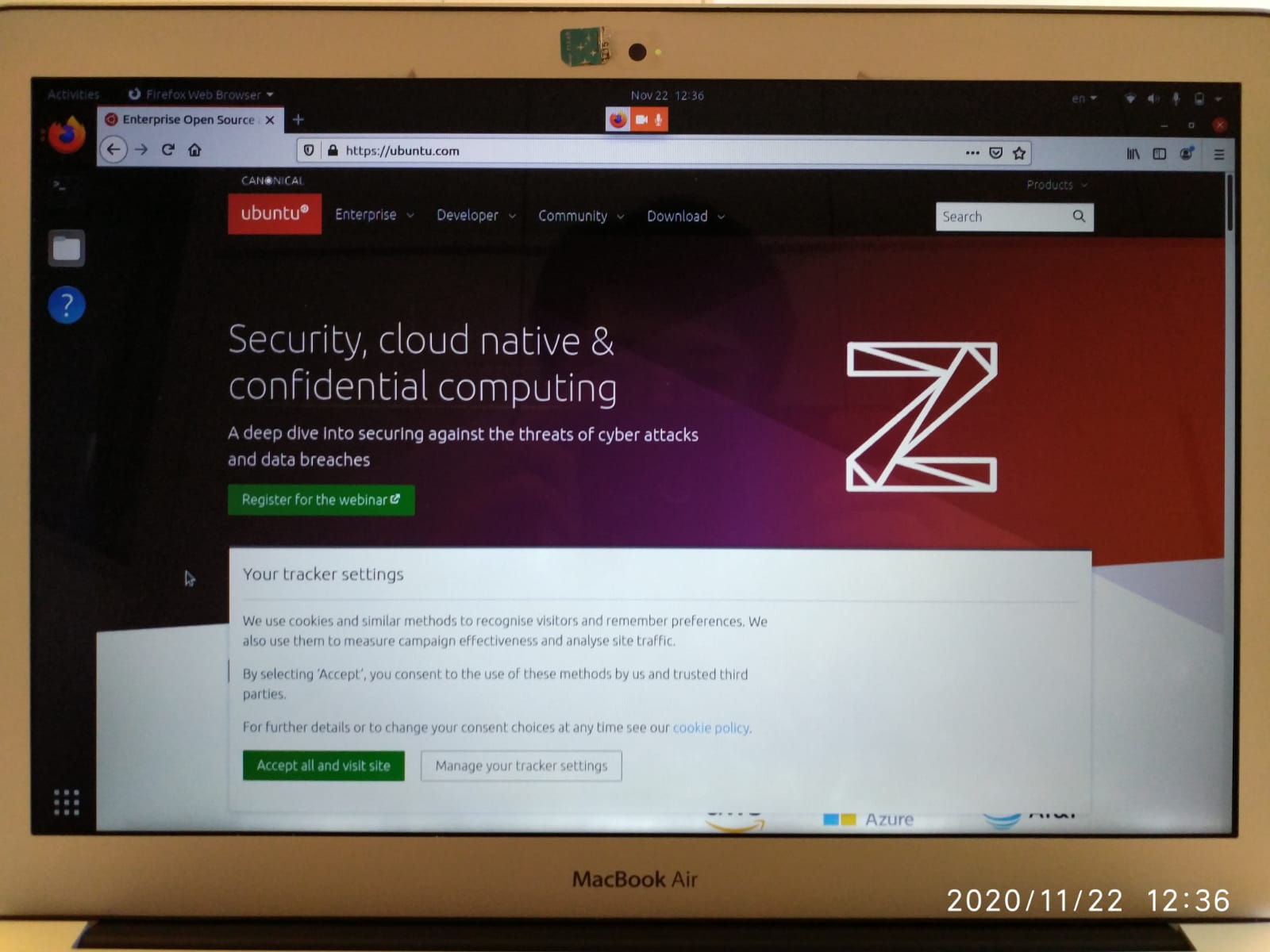About a year ago I took a mandatory Operating Systems course in my university. We were introduced to the "Linux shell" (bash) early on and told that "CentOS is Linux", but back then, I still had little idea what Linux was except that it had a command line similar to that of macOS (I was a long time macOS user from mid-2013 to mid-2020).
Fast-forward to my internship in a tech company in June where NixOS is used. I spent the first few days fumbling around with the computer and trying to figure out what was going on (since NixOS does package management so differently and I had to commonly fetch software packages to do my work), but then eventually figured out that the computer was running something called "NixOS Linux". But wait, isn't CentOS Linux? How could NixOS also be Linux? This sparked great interest in me to figure out just what "Linux" is all about, and it didn't take me long to start surfing the web to learn all about these "Linux distros" out there.
After a period of intense research (probably at least a week or so), it became clear to me that Ubuntu is widely regarded as the desktop Linux made for mere human beings, so I bought a new Lenovo laptop around June/July and replaced Windows 10 with Ubuntu and was happy with what I saw. I've since replaced Ubuntu with Fedora on that Lenovo laptop around September, but also got tired of using macOS on my MacBook Air and so replaced that with Ubuntu instead. And since my MacBook Air is still well and functioning, touch wood, I still use it as my main laptop six days a week, only taking out my Lenovo one every Saturday for a spin.
So yeah, as of 21/11/2020, I'm happily using Ubuntu 20.04 LTS as my main OS (running on my 7 year old MacBook Air) and not planning to switch to another Linux distro anytime soon.

